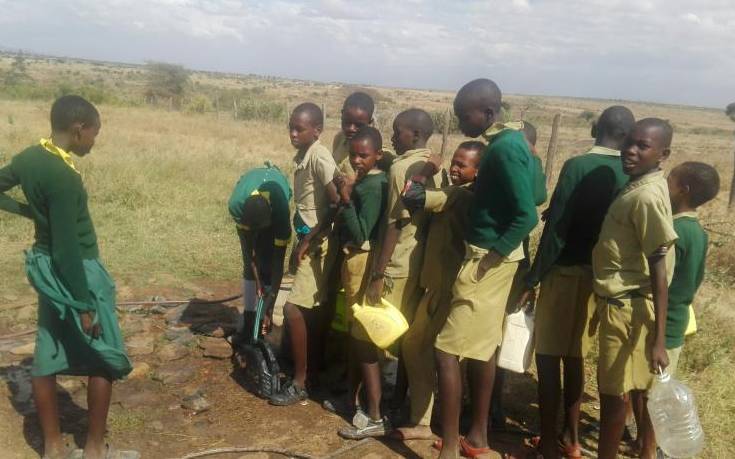×
The Standard e-Paper
Join Thousands Daily

Pupils at their Segera Primary School located in Laikipia North Sub County and Laikipia County. Some of them cover over 10km in open fields that have dangerous wild animals such as elephants. [Nanjinia Wamuswa, Standard]
Samson Lenguya was a boy when herders raided their homestead to steal livestock.